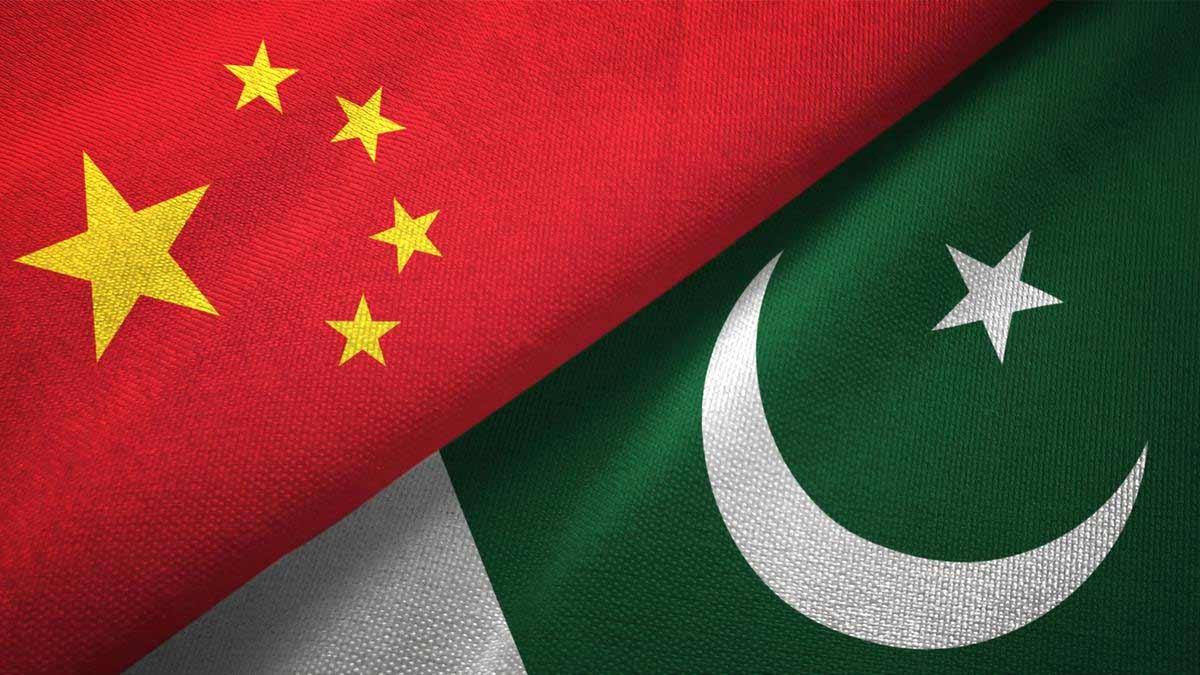Pakistan and China are working on reportedly making progress to form a new regional body to increase cooperation and connectivity in South Asia—a move that could actually replace the largely dormant South Asian Association for Regional Cooperation (SAARC), a report by The Express Tribune stated on Monday.
Quoting diplomatic sources who know the details, the newspaper reported that negotiations between Islamabad and Beijing were well underway, with both countries being on the same page regarding the necessity for a new platform to drive regional integration and buildup.
The planned organisation would try to replace SAARC, an alliance that comprises India, Pakistan, Afghanistan, Bangladesh, Bhutan, Nepal, Sri Lanka, and the Maldives. What was once a cornerstone of regional discussion, SAARC has lain stagnant for almost a decade on account of ongoing tensions between India and Pakistan.
A recent trilateral meeting between Pakistan, China, and Bangladesh conducted in Kunming, China, was said to be part of the wider diplomatic campaign to generate momentum for the mooted initiative. The sources indicate that the secret purpose of the meeting was to invite other SAARC member countries to participate in the new regional platform.
But Bangladesh has rejected the speculation that it is politically aligning with China and Pakistan. M Touhid Hossain, Bangladesh's interim government foreign affairs adviser, clarified: "We are not forming any alliance."
Still, sources indicate that India will be invited to join the mooted platform, and other nations like Sri Lanka, the Maldives, and Afghanistan will also be included.
The central goal of the new alignment, according to the report, is to promote closer economic ties, mainly through increased trade and better regional connectivity.
If fulfilled, the offer would constitute a formal break-up of SAARC, which has remained dysfunctional since its last summit in Kathmandu in 2014. The summit of 2016, to be organized by Pakistan, was postponed after India refused to participate following the Uri terrorist attack in Jammu and Kashmir on September 18 that year. Later, Bangladesh, Bhutan, and Afghanistan too withdrew their participation, and the summit was cancelled.
With SAARC rendered largely ineffective ever since, Pakistan and China seem to be aggressively pursuing a new vision for regional diplomacy—one that seeks to remake South Asia's broken landscape of cooperation.
Read also| Watch| Jeff Bezos Marries Lauren Sanchez: First Photo of the Newlyweds Revealed


















